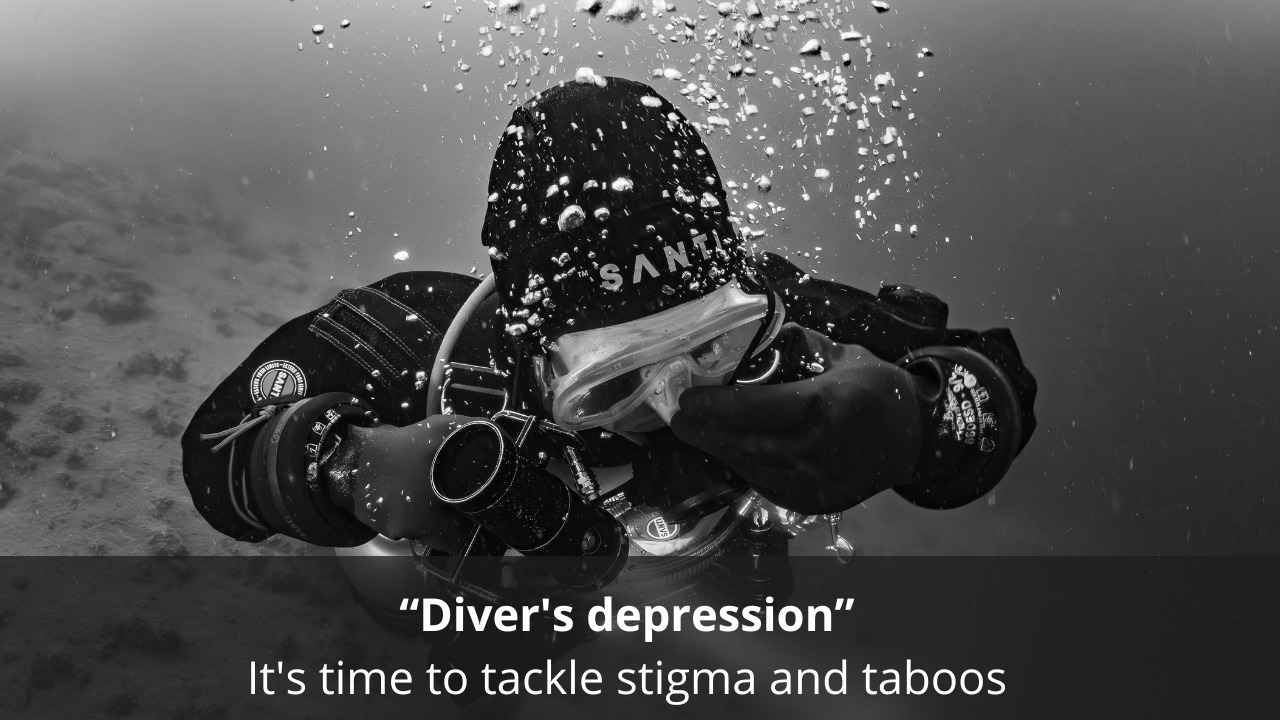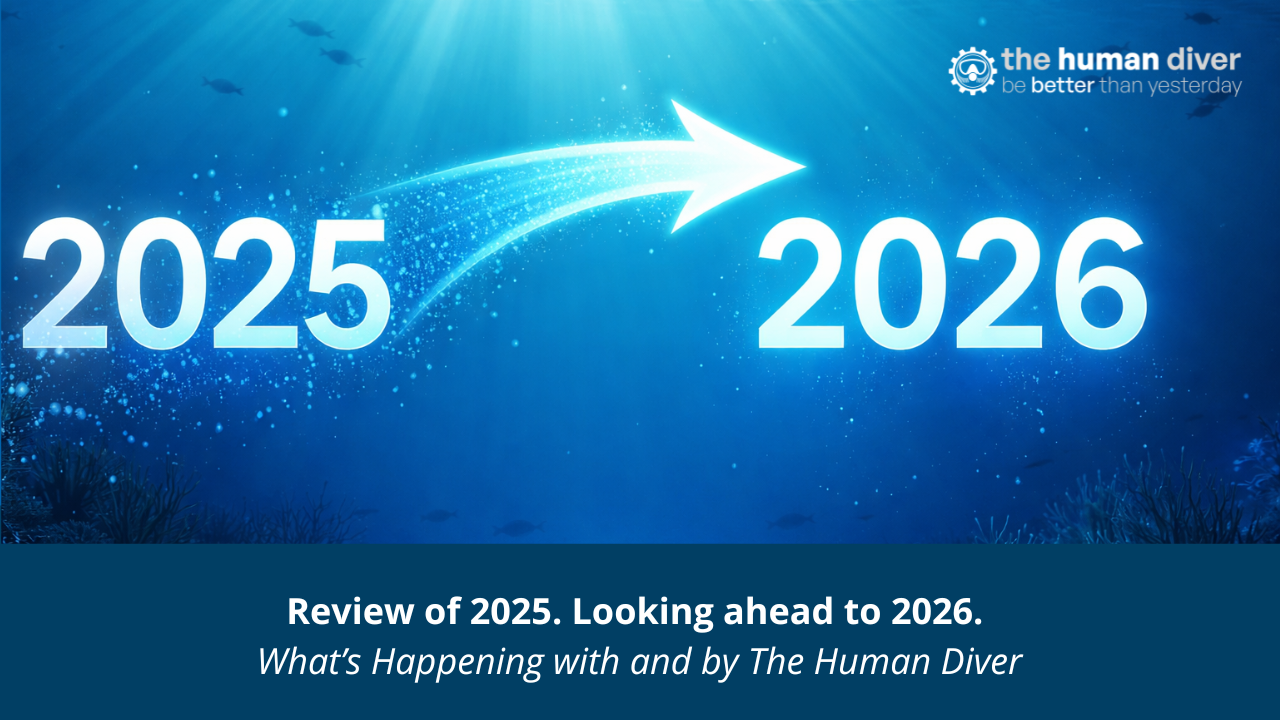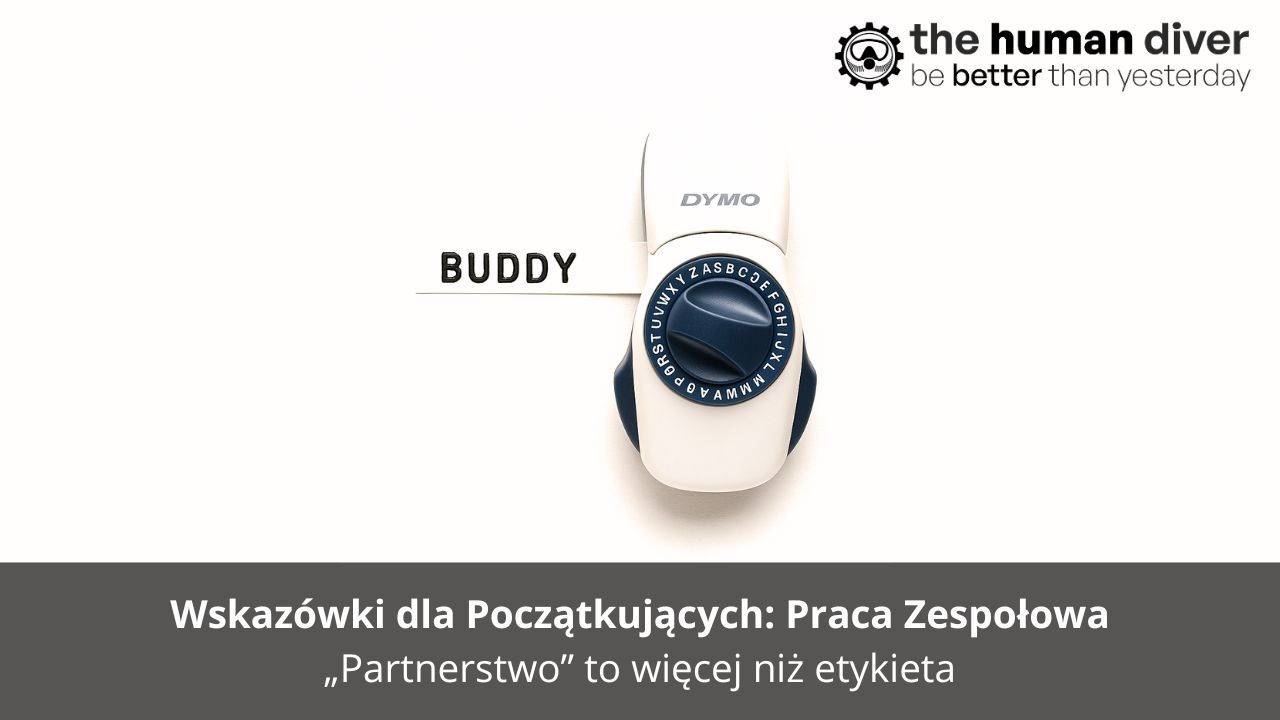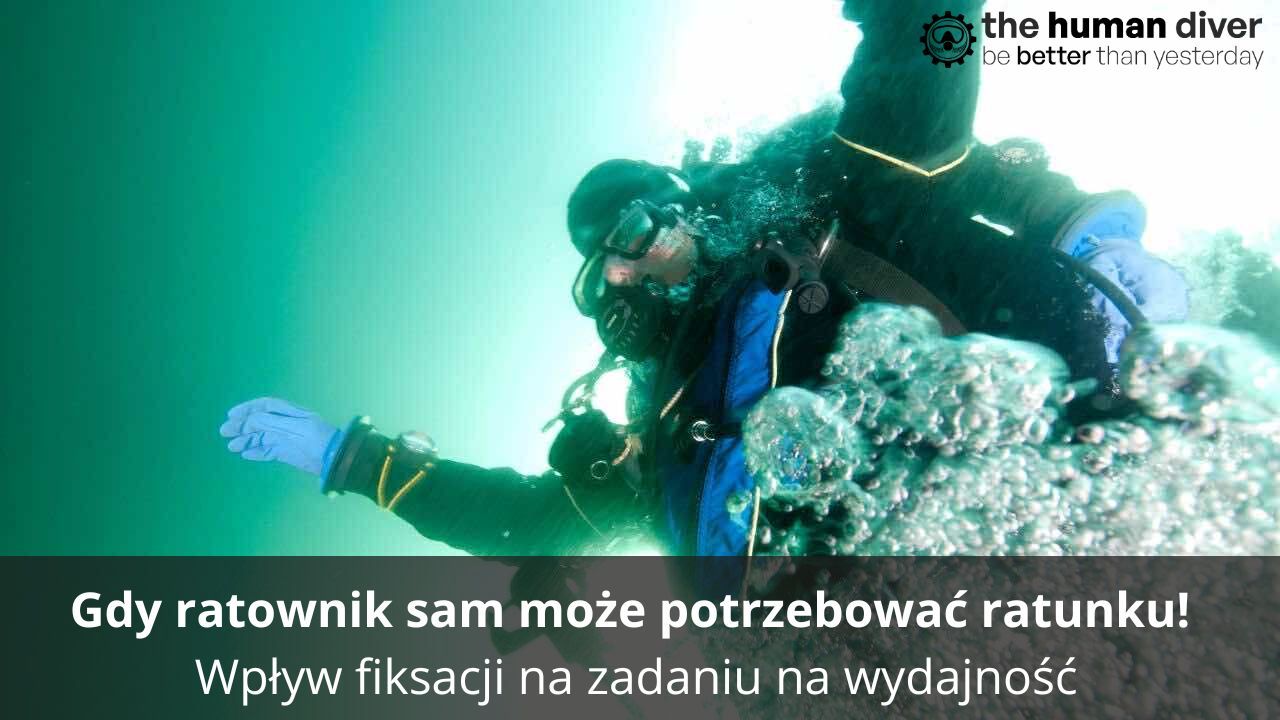
Mentoring: Both sides of the story
Nov 29, 2023Last week I talked about leadership of a short term team. This week I’d like to look at a different form of leadership; mentoring.
A mentor/mentee* is one of the strongest relationships in a team. It is traditionally thought of as an unequal relationship, but that isn’t always the case. It’s found fairly often in diving, and is usually considered to be between students and instructors or more experienced/less experienced instructors. The reality is that a good mentor/mentee relationship will end up with both people at a higher level than they were before, having learnt from each other.
I’ve had a few mentors in my life and mentored some students. To build a good relationship takes a high level of trust, psychological safety and effort from both sides. These need to go both ways, a mentee you don’t trust is difficult to help as it can be hard to give them the freedom they need to develop. There needs to be vulnerability between the two of you too, to allow you to be honest about learning points. We’ve spoken many times here about psychological safety and this is even more important here. When it comes to mentors it helps them if they can know not just the abilities but also the character of the mentee; things that they’re scared of, things that they struggle with, things that they like or dislike doing and things that inspire them. The easiest way to build that is by the mentor also sharing those parts of themself. I’ve had mentors that hadn’t been able to share any shortcomings and that has the opposite effect of what most think- it made them appear weaker.
The other strength that comes from this relationship is the chance for the mentor to delegate to the mentee. This is a strong learning point for most mentors, as it can often be difficult to let go of control, but when you have someone you trust and have developed it becomes much easier, leading to it becoming even easier in the future with other team members who aren’t mentees. It also gives the mentor a chance to look for learning opportunities for their mentee. Actively looking for jobs to delegate, rather than passively accepting you don’t have time to do everything and handing over the least important or urgent tasks is a good habit to practise.

Every mentor/mentee relationship is different and depends very much on the circumstances. Some rely on the mentor telling the mentee what to work on, some rely on the mentee coming to the mentor for advice. It can be an incredibly close daily working relationship or a long distance discussion that happens as and when it’s needed.
There are some things that are needed on each side for the relationship to work. The mentor needs to be both a supporter of the mentee and a critic. In both of those, they need to be constructive, there’s no quicker way to destroy psychological safety than by constantly pointing out what someone has done wrong. “Pick your battles” is a great phrase here; choose the most important thing that the mentee needs to work on first, the smaller details can be corrected later on. When giving feedback, try to avoid “here are the things you did wrong”. By using negative language people tend to focus on the item, rather than how they can change. Instead try “Here are the things you can improve, and this is how”. Even better if the mentor can get the mentee to find the solution themselves as it tends to be remembered better that way, guiding someone towards an answer is often stronger than just putting it in front of them.
On the mentee side, they need to want to develop within the area of expertise of the mentor. If they have no intention of changing or improving, it’s a pointless exercise. They need to accept that the mentor doesn’t have the answer to everything, nor are they perfect. In fact a good mentor will share many mistakes they made to help the student learn. Despite that, there must still be respect, acknowledging that despite mistakes, due regard should be given to the mentor's knowledge and experience.

So what does this actually look like? Here is an example I heard of an interaction between a mentor and mentee.
The mentor is an Instructor Trainer, the mentee a newly certified instructor.
The mentee messaged the mentor saying she was about to run her first class and had a few questions about standards. The mentor helped to guide her to find the answer from the right place in the documentation. During the class itself she came back with a further question about how to deal with a situation. The mentor questioned how she’d dealt with similar things in the past and compared it to something that had happened during the mentees instructor training. After the class, the mentor approached the mentee to ask how it went. Specifically (following the DEBrIEF model) he asked “what went well, and why?” and “what will you do differently next time, and how will you do that?”.
Finally, feedback in this relationship is key. As you can see from the example above it doesn’t always have to be explicitly stated from the mentor to the mentee. However sometimes it is necessary to state things, especially when the mentee has gained more experience and it is small details that can be improved. And remember this also goes both ways, the mentor can learn from the mentee. Sometimes it might be something really small that specifically worked for that mentee- a word, a phrase or a way of describing something that caused a moment of realisation. Feeding these things back to the mentor means they can then keep that in their “toolkit” of experience ready to use again if someone doesn’t understand the other ways they have of explaining something.
*Otherwise known as a protégé, student, trainee or apprentice.

Jenny is a full-time technical diving instructor and safety diver. Prior to diving, she worked in outdoor education for 10 years teaching rock climbing, white water kayaking and canoeing, sailing, skiing, caving and cycling, among other sports. Her interest in team development started with outdoor education, using it as a tool to help people learn more about communication, planning and teamwork.
Since 2009 she has lived in Dahab, Egypt teaching SCUBA diving. She is now a technical instructor trainer for TDI, advanced trimix instructor, advanced mixed gas CCR diver and helitrox CCR instructor.
Jenny has supported a number of deep dives as part of H2O divers dive team and works as a safety diver in the media industry.
If you'd like to deepen your diving experience, consider taking the online introduction course which will change your attitude towards diving because safety is your perception, visit the website.
Want to learn more about this article or have questions? Contact us.










